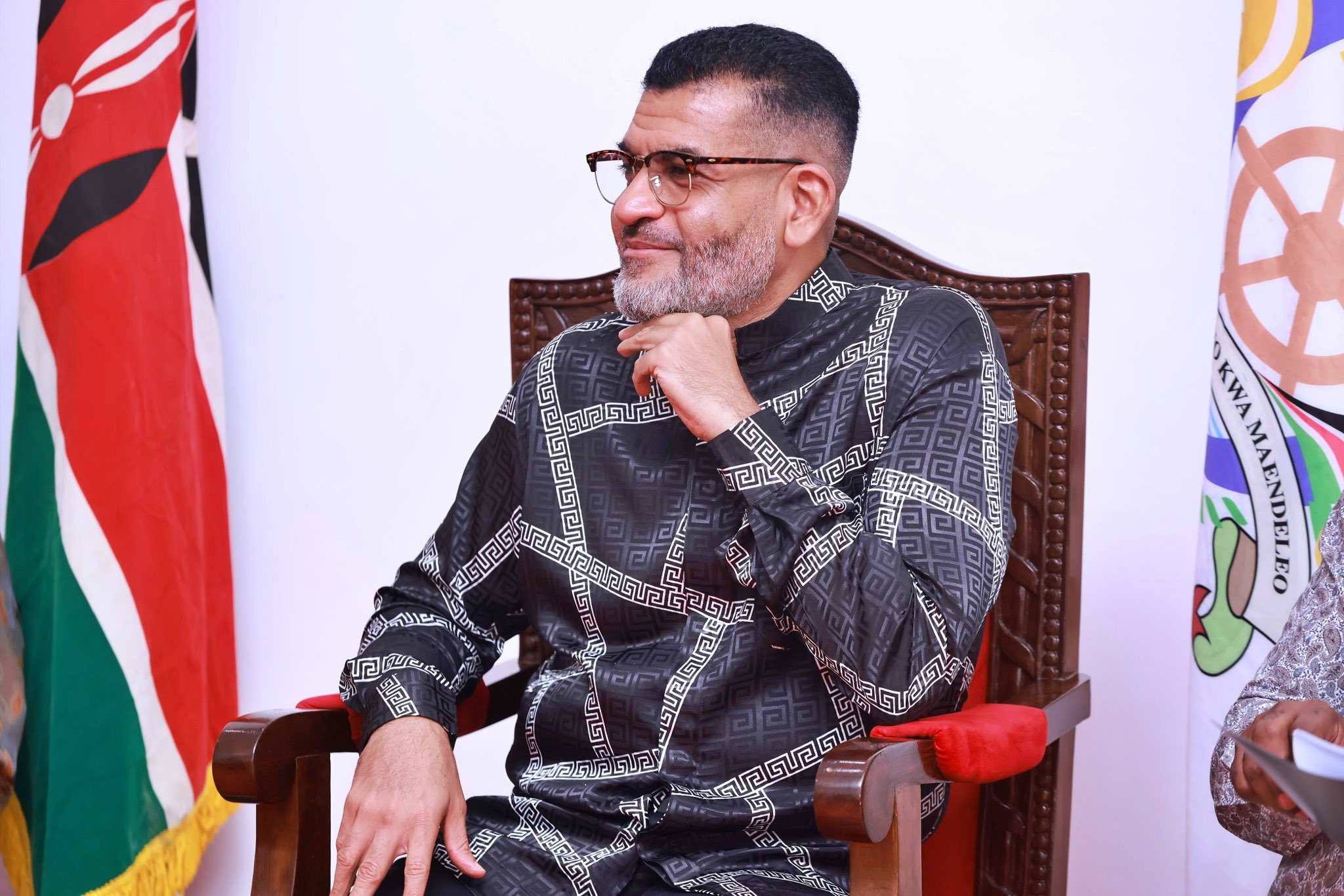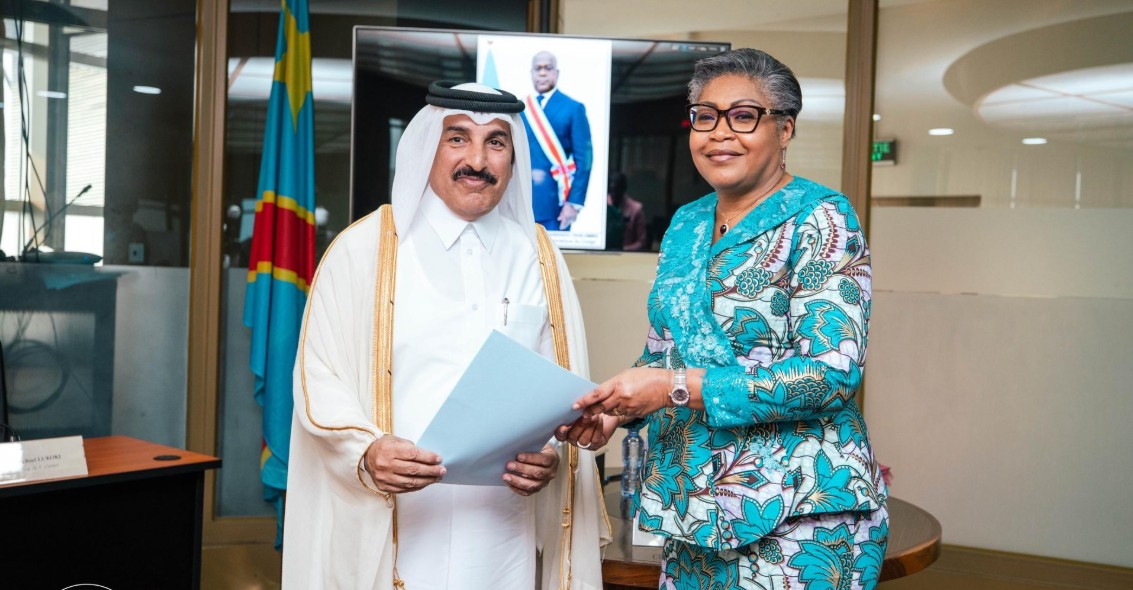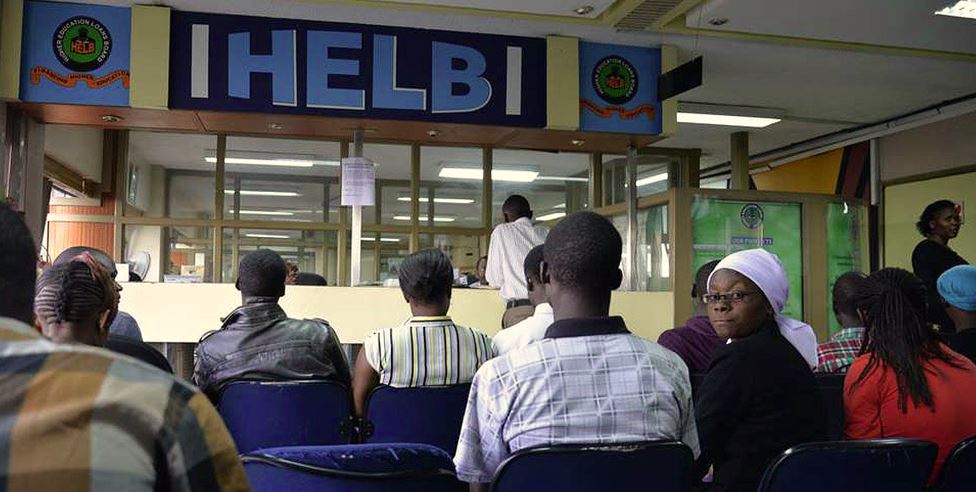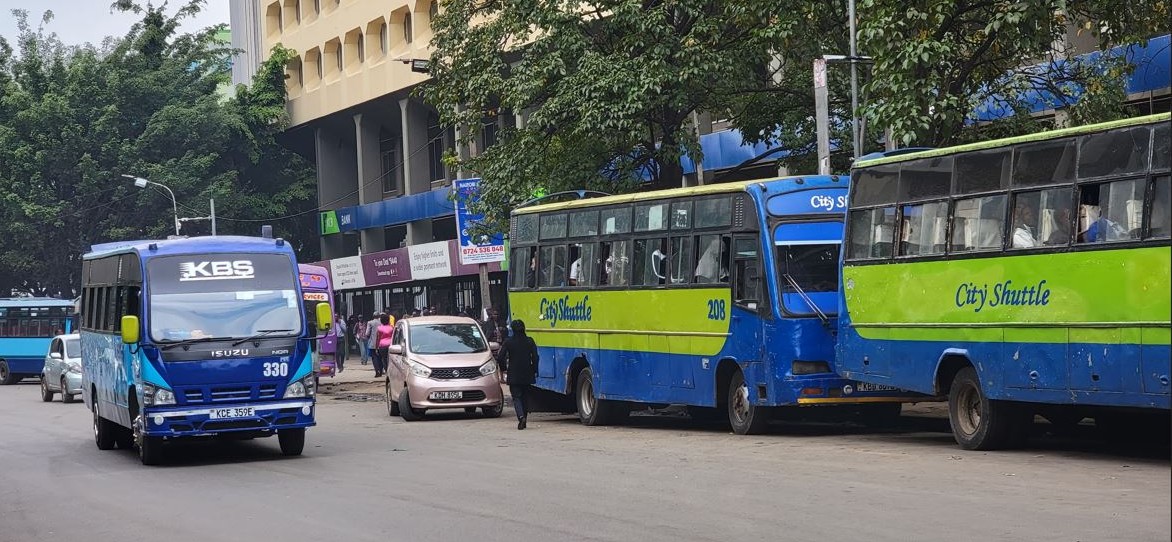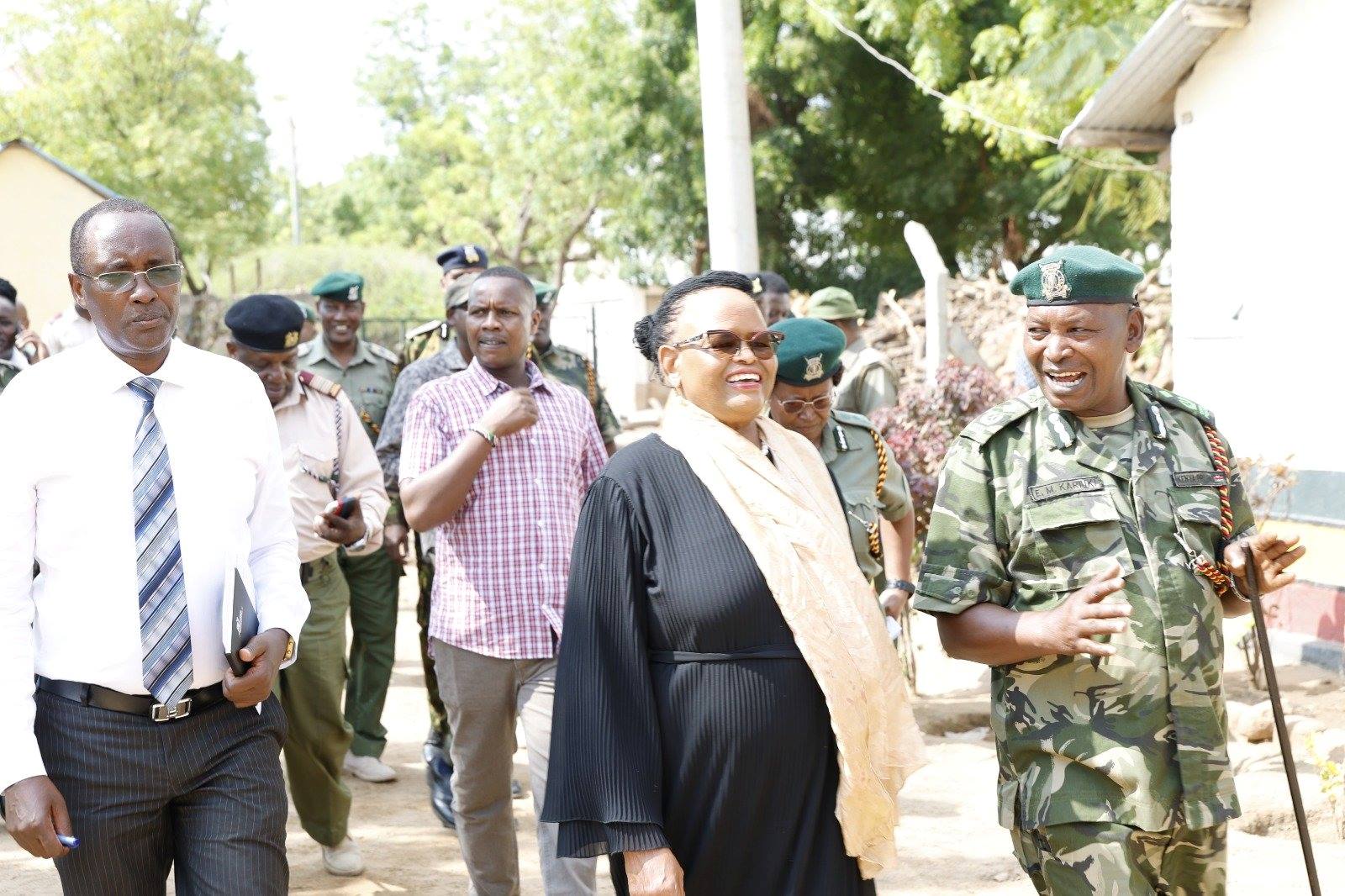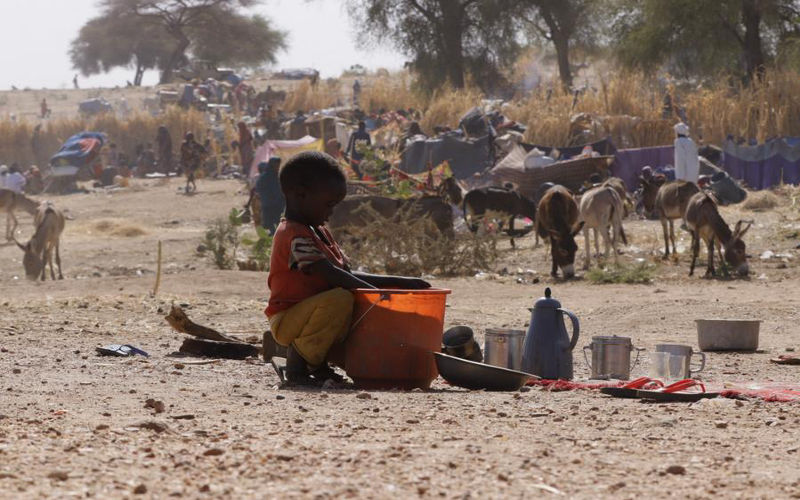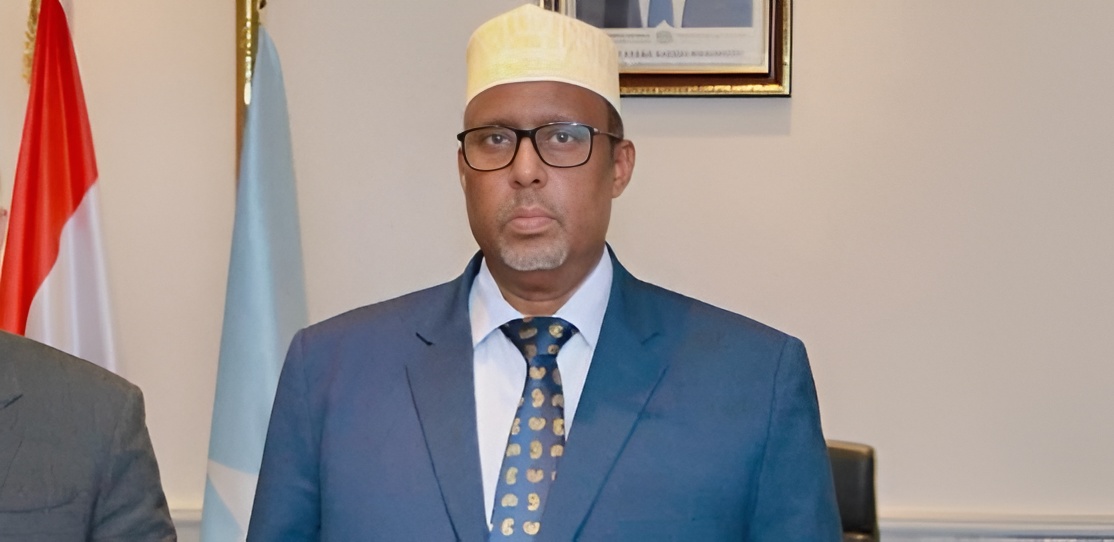MPs reject proposed PAYE changes, urge Treasury to expedite broader tax review

The amendment had recommended new tax bands of 10 per cent, 17.5 per cent, 25 per cent, 27.5 per cent, and 30 per cent, with the Treasury Cabinet Secretary given powers to adjust the bands by up to 10 per cent every three years. Supporters of the proposal argued that the current structure is narrow and places high tax rates on low-income earners, making the system unfair.
The National Assembly Finance Committee has rejected a proposal in the Finance Bill, 2025, that sought to revise the Pay As You Earn (PAYE) tax bands, citing an ongoing review by the National Treasury.
The proposed changes aimed to ease the tax burden on low and middle-income earners by expanding the tax bands and adjusting rates to better reflect inflation and economic realities.
More To Read
- Fury as plainclothes police camp outside Rongai artist Matiri's home without warrant ahead of protests
- Salaried workers to bear high PAYE burden as Treasury shelves tax relief plan
- Finance Bill 2025 proposes 16% VAT on internet radio and TV
- MP Kuria Kimani indicates additional tax measures likely in Finance Bill 2025
- Top state offices allocated Sh5 billion more for salaries, entertainment amid budget cuts
- Treasury mulls using existing tax rates for 2025-2026 budget after deadly protests in 2024
The amendment had recommended new tax bands of 10 per cent, 17.5 per cent, 25 per cent, 27.5 per cent, and 30 per cent, with the Treasury Cabinet Secretary given powers to adjust the bands by up to 10 per cent every three years. Supporters of the proposal argued that the current structure is narrow and places high tax rates on low-income earners, making the system unfair.
“This is necessary because the bands are narrow and apply high rates to relatively low-income levels, which heavily burdens low and middle-income earners,” the proposal read in part.
The proposal had also suggested raising the minimum taxable income to Sh30,000, lowering the entry rate to 10 per cent, and adjusting subsequent bands to 15 per cent, 20 per cent, 25 per cent, and 28 per cent.
It also called for an increase in personal relief from Sh2,400 to Sh3,000 per month and a review of statutory deductions, including NHIF, NSSF, and the housing levy, to support higher disposable income and stimulate the economy.
Under the current tax structure introduced in the 2023 Finance Act, monthly income is taxed at bands of 10 per cent, 15 per cent, 25 per cent, 30 per cent, and 32.5 per cent, with Sh24,000 as the minimum taxable income.
Despite the proposal, the committee declined to approve the changes, stating that the Treasury had already initiated a review.
“The committee observed that the National Treasury has expressed intent to review the tax bands, hence it urges the National Treasury to fast-track this process,” the report stated.
The committee added that the process should be based on reliable data and should aim to make the PAYE system fair and balanced. “This process should strike a balance between government revenue needs and the financial well-being of salaried individuals,” it said.
The World Bank has also weighed in, recommending a new 15 per cent tax bracket for those earning between Sh24,000 and Sh32,000. It further proposed that the current 30 per cent tax band, which applies across a wide income range, be split so that those earning between Sh32,000 and Sh167,000 are taxed at 25 per cent, and those earning Sh167,000 to Sh500,000 pay 32.5 per cent.
Top Stories Today



